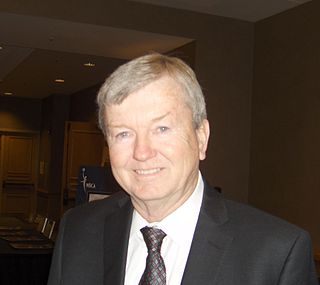A Quote by Laozi
The sage acts by doing nothing.
Quote Topics
Related Quotes
But the virtues we get by first exercising them, as also happens in the case of the arts as well. For the things we have to learn before we can do them, we learn by doing them, e.g. men become builders by building and lyre players by playing the lyre; so too we become just by doing just acts, temperate by doing temperate acts, brave by doing brave acts.
A saint a real saint never does anything, a martyr does something but a really good saint does nothing, and so I wanted to have Four Saints who did nothing and I wrote the Four Saints In Three Acts and they did nothing and that was everything. Generally speaking anybody is more interesting doing nothing than doing something.
Whatever we learn to do, we learn by actually doing it; men come to be builders, for instance, by building, and harp players by playing the harp. In the same way, by doing just acts we come to be just; by doing self-controlled acts, we come to be self-controlled ; and by doing brave acts, we become brave.
Malicious acts are performed by people for personal gain … Sorcerers, though, have an ulterior purpose for their acts, which has nothing to do with personal gain. The fact that they enjoy their acts does not count as gain. Rather, it is a condition of their character. The average man acts only if there is a chance for profit. Warriors say they act not for profit but for the spirit.
It is well said, then, that it is by doing just acts that the just man is produced, and by doing temperate acts the temperate man; without doing these no one would have even a prospect of becoming good. But most people do not do these, but take refuge in theory and think they are being philosophers and will become good in this way, behaving somewhat like patients who listen attentively to their doctors, but do none of the things they are ordered to do.
I'm terrified of the thought of time passing (or whatever is meant by that phrase) whether I 'do' anything or not. In a way I may believe, deep down, that doing nothing acts as a brake on 'time's - it doesn't of course. It merely adds the torment of having done nothing, when the time comes when it really doesn't matter if you've done anything or not.

































